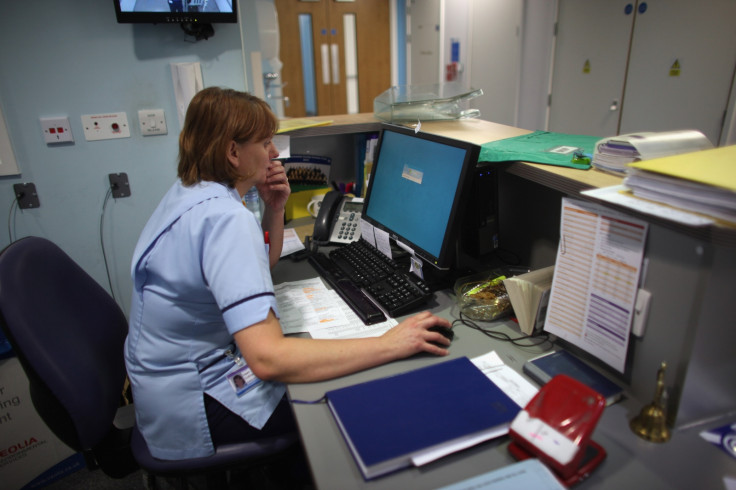Nursing body warns that uncertainty over EU trained nurses in the UK may prompt many to leave
The RCN urges the government to recognise the critical contribution of overseas nurses.

There are around 33,000 nurses trained in the EU that are registered to work in the UK and the Royal College of Nursing has warned that, unless the government clarifies their status, many may leave the country, jeopardising the NHS's ability to provide safe patient care.
According to the Nursing and Midwifery Council data, more than 9,000 EU nurses joined the register in 2015/16, a hike of 21% from the year before. EU-trained nurses registered in the UK comprise 5% of the workforce. The figures indicate that there are more EU-trained nurses registered to work in the UK than the number of nurses employed in the whole of Wales.
Janet Davies, the Chief Executive of the RCN said that allowing this uncertainty over the future of the NHS workforce is a "completely unfair way of treating people who are caring for our friends and families every single day." She also warned that it may also prompt many to leave the UK, making it harder for the NHS to provide safe patient care."
She added: "These are uncertain times for safe staffing in the health service, and a lack of concrete assurances over the future of EU nursing staff working in the UK is making the situation worse. It is vital that valued colleagues are supported to stay."
"A sustained lack of investment in training new nurses and years of pay restraint mean many experienced nurses can't afford to stay in the profession. Plans to change student funding and question marks over our future relationship with the EU place even greater pressure on the NHS", continued Davies
She urged the government to act fast and develop a "coherent and sustainable workforce strategy for the future that recognises the critical contribution of overseas nurses, as well as the pressing need to educate, recruit and retain a home-grown nursing workforce."
Dr Mark Holland, the President of the Society for Acute Medicine, agreed with Davies, saying: "If it were not for health professionals from overseas, we would probably be unable to run any service - let alone a safe service. We fully support all colleagues who trained overseas remaining in the UK as, without them, we will be unable to provide services."
Dr Holland said that the real issue behind the NHS's workforce struggle was not Brexit but "our inability to train and retain enough healthcare workers."
According to the Oxford Mail, a Department of Health spokesman said that the government "has been very clear that when we leave the EU, we fully expect that the legal status of EU nationals living in the UK, and that of UK nationals in EU member states will be properly protected."
The spokesman added: "Making sure we have enough nurses is a top priority for this government. There are already 11,000 more nurses on our wards since 2010 and 50,000 nurses currently in training - with thousands more training places for home-grown nurses being cheated to deliver a safer, seven-day NHS."
The House of Lords will be debating Thursday 21 July the impact of the vote to leave the EU on safe staffing levels in the NHS. The Lords will also be considering other risks to the NHS workforce such as the government's proposals to change student nurse funding.
© Copyright IBTimes 2025. All rights reserved.




















